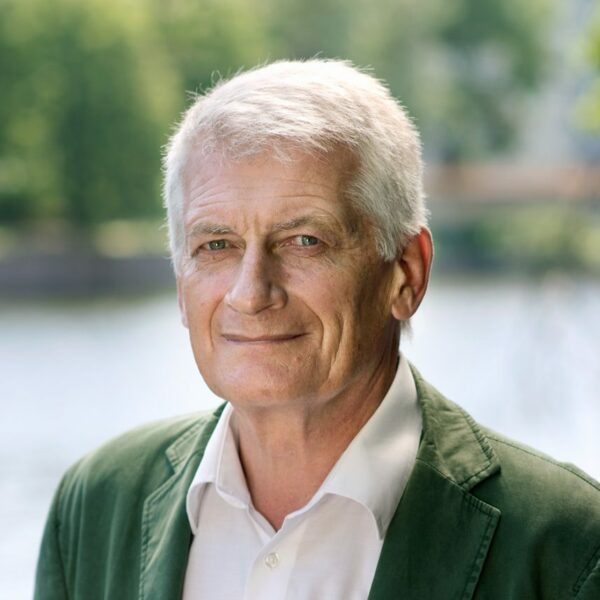I just spent two fascinating weeks with in Sri Lanka, advising an ICSO on possible new operational/business models.
The World Bank has declared Sri Lanka a “lower-middle income country”, which means that foreign governments and, subsequently, many individual donors are shifting their attention away from Sri Lanka and towards poorer countries. However, while the average per capita incomes are rising, pockets of persistent poverty remain, especially in the regions that were most strongly affected by the country’s civil war.
In this situation many of the international civil society organisations (ICSOs) working in the country are facing two critical questions:
- How can we support poor and marginalised people with entering the main stream of economic and income growth?
- How can we resource our work sustainably in the future?
Finding and implementing positive answers to both questions will force ICSOs to transform themselves. If they are unable to transform themselves, ICSOs will find it hard to secure their own sustainability and may have to leave the country.
What are the transformations ICSOs need to undergo over the next few years in countries like Sri Lanka?

From charities to rights based organisations
Practically all major ICSOs talk about themselves as “rights based organisations”. However, if we look at their approaches, behaviours or governance we find that much of their charitable past still prevails: Programmes often still are “assistencialistic” providing people with aid rather than contributing to their empowerment. “Beneficiaries” often need to content themselves with the benefits on offer rather than being able to determine themselves what they need: And ICSOs’ governance is usually dominated by representatives from fundraising countries in the global North and with little influence for those who are supposed to benefit from ICSOs’ work. As poverty declines and more and more people are able to think and act beyond the needs of their immediate survival they will no longer tolerate assistencialistic and paternalistic behaviour. For ICSOs, this means: they have to practice the rights based approaches they preach.
From organisations that spend money to organisations that can only spend the money they raise
In countries like Sri Lanka, most ICSOs have been focused exclusively on spending money that had been raised abroad. No fundraising activities took place in the country. This means, ICSOs in Sri Lanka and similar countries have a strong knowledge and culture of programme excellence but very little experience and culture in funding their own operations. In a situation where funding flows from abroad decrease and will eventually dry up, ICSOs’ exclusive focus on implementing programmes is unsustainable. In order to prevail, organisations need to adopt a much more entrepreneurial approach aiming for a sustainable balance between fundraising and programming activities.

From foreign donors to national affiliates of global organisations
In countries that can perfectly well take care of themselves having “country offices” maintained by foreign donors no longer make sense – however, having a national affiliate of a global organisation does. For instance, even in the richest countries, there are some poor and marginalised people, some children who are abused, and some women who are oppressed. Having national organisations that effectively address these challenges is essential, and for those being part of a global family of like-minded national organisations is of a major strategic advantage. A farsighted policy of building civil society capacity and effectiveness around the world will create strong global networks whose local, national and regional members will systematically learn from each other and cooperate where beneficial. Transforming ICSO country offices into national affiliates can be a useful first step in this direction.
In short: In emerging economies such as Sri Lanka ICSOs only have the choice between fundamentally transforming themselves and leaving. If they want to stay, they will have to transform their worldviews, cultures and power relationships.










